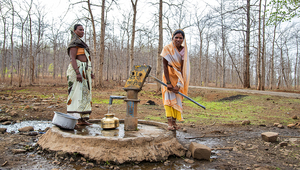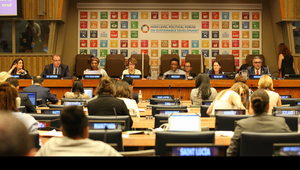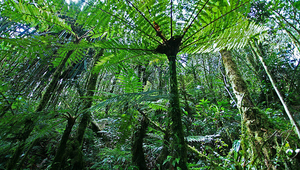Archive News
August 16, 2018
May 24, 2018
April 25, 2018
April 10, 2018
February 22, 2018
January 24, 2018











